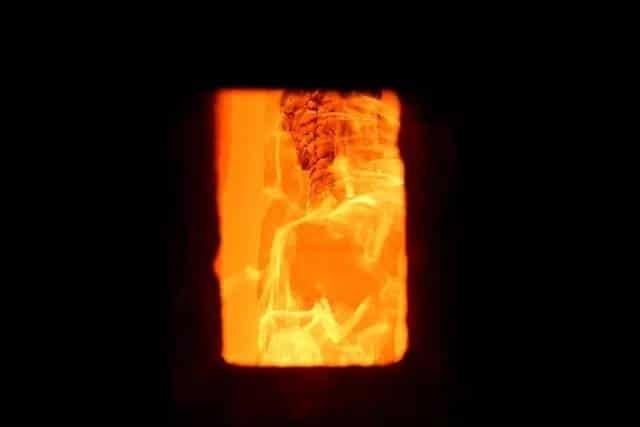Chai-fired Jian Zhan
Chai-fired Jian Zhan has a glaze that is warm and smooth like jade, with a slightly rough texture to the touch. To the naked eye, the light reflection appears diffuse and even.

In the traditional dragon kiln chai-firing process for Jian Zhan, a large amount of pine wood is required. Pine wood is rich in oil content, which can withstand the high temperatures exceeding 1300 degrees Celsius needed for firing Jian Zhan while maintaining stability. Additionally, the combustion of pine wood depletes the oxygen within the Jian Zhan, creating a reducing atmosphere. The crystallization changes in the fired Jian Zhan are fascinating, mysterious, and understated.
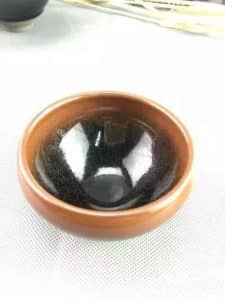
The “fire” here refers to the open flame of traditional dragon kiln chai-firing. The Jian Zhan body undergoes 72 hours of flame exposure in the kiln, resulting in beautiful colors and magical effects that cannot be achieved with electric kilns lacking open flames. The relationship between the firing of Jian Zhan and fire is quite intriguing; it is essential to avoid direct contact between the body and the flame while also ensuring that the body experiences the kiln’s fiery atmosphere, maintaining a delicate balance between both.
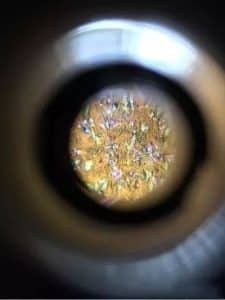
Warm, Mysterious, Low-key
Crystallization of chai-fired Jian Zhan magnified 60 times
Rich colors with distinct crystallization effects
Electric Kiln Firing
The rabbit hair glaze produced in an electric kiln lacks the flame and atmosphere of chai kilns, resulting in dull and uniform colors. To the naked eye, it exhibits strong reflections and has a smooth, glass-like texture.
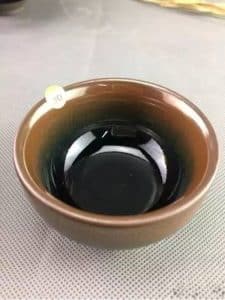
Electric kiln rabbit hair Zen tea bowl
Neat with strong reflections and a pronounced glass-like quality
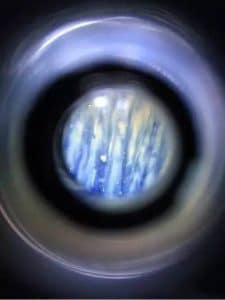
Electric kiln rabbit hair bowl under 60x magnification
Simple colors with regular crystallization

